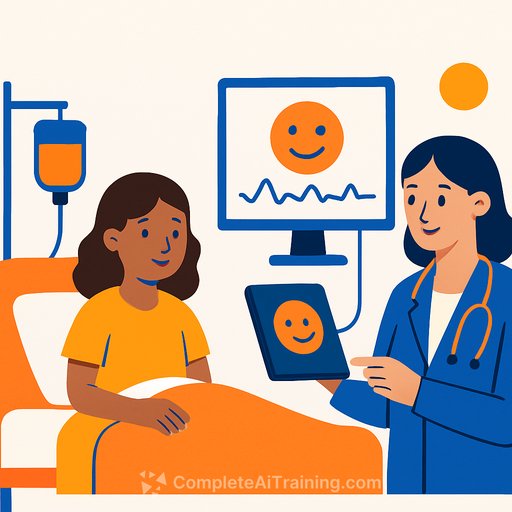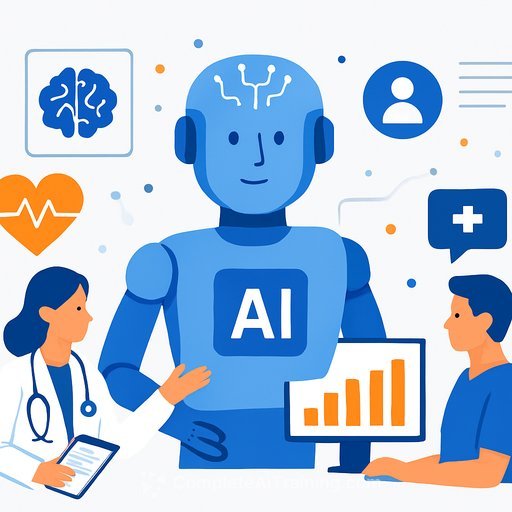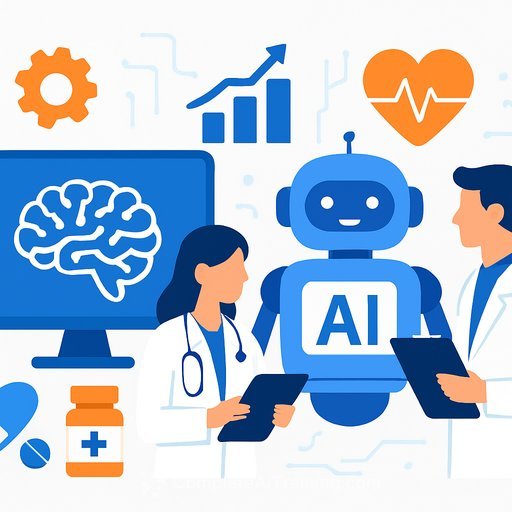Understanding Emotions in Paediatric Care Through AI
Artificial intelligence (AI) is moving beyond diagnostics and automation to focus on a more human aspect: interpreting emotions. This shift is especially critical in paediatric care for children with multiple long-term conditions (MLTCs), who often endure emotional distress silently. Recent research using AI and natural language processing (NLP) highlights how machines can detect and analyze the emotional experiences of chronically ill children, offering valuable insights for clinicians, caregivers, and policymakers.
The Invisible Side of Paediatric Illness
Children with MLTCs—such as diabetes, epilepsy, cystic fibrosis, and neurological disorders—face not just physical challenges but also emotional struggles like fear, sadness, and social isolation. These feelings often go unreported because young patients may lack the words or confidence to express their emotional pain. Additionally, healthcare systems usually lack tools for thorough psychological assessment. This gap is where AI can make a real difference.
Giving Voice to the Voiceless Through AI
The latest study employed a fine-tuned AI model called CoEmoBERT, a transformer-based language tool that analyzes sentiment and emotion in text. Thousands of anonymised posts from social media and online forums—shared by children, parents, and caregivers—were examined to decode emotional patterns. The analysis revealed six key emotions: sadness, fear, disgust, amazement, satisfaction, and neutrality, with sadness and fear being the most common.
These emotions were particularly pronounced in children with multiple overlapping conditions and long treatment histories. The AI model went beyond detection by quantifying and grouping emotions by illness type, gender, and treatment outcomes. Such detailed insight is difficult to achieve manually but can guide a more nuanced understanding of patient wellbeing.
Why This Matters
Emotional wellbeing in paediatric healthcare affects treatment adherence, quality of life, and healthcare costs. Identifying emotional distress early enables timely mental health support. AI tools can flag warning signs by monitoring language patterns in online posts or patient communications. For example, an AI dashboard might alert clinicians if a child’s messages indicate increasing anxiety or despair, prompting faster intervention.
At scale, emotion-aware AI could integrate with electronic health records and inform national child health policies to offer more compassionate care.
A British Innovation with Global Impact
This AI model was developed during an MSc program at the University of Plymouth and has gained recognition through journal publications and conference nominations. It represents a step forward in applying AI ethically and effectively in healthcare. The UK’s focus on human-centred technology is reflected in this work, which combines data science with real-world clinical needs.
Toward a More Emotionally Intelligent Healthcare System
The future of AI in healthcare will rely on understanding patients' emotions, not just predicting diseases. Emotion-aware AI bridges the gap between data and human experience, allowing healthcare providers to listen to children who may not express their feelings openly. This approach promotes empathy alongside efficiency.
Healthcare professionals interested in AI applications can explore relevant courses and training at Complete AI Training to deepen their knowledge and skills in this emerging field.
Your membership also unlocks:






